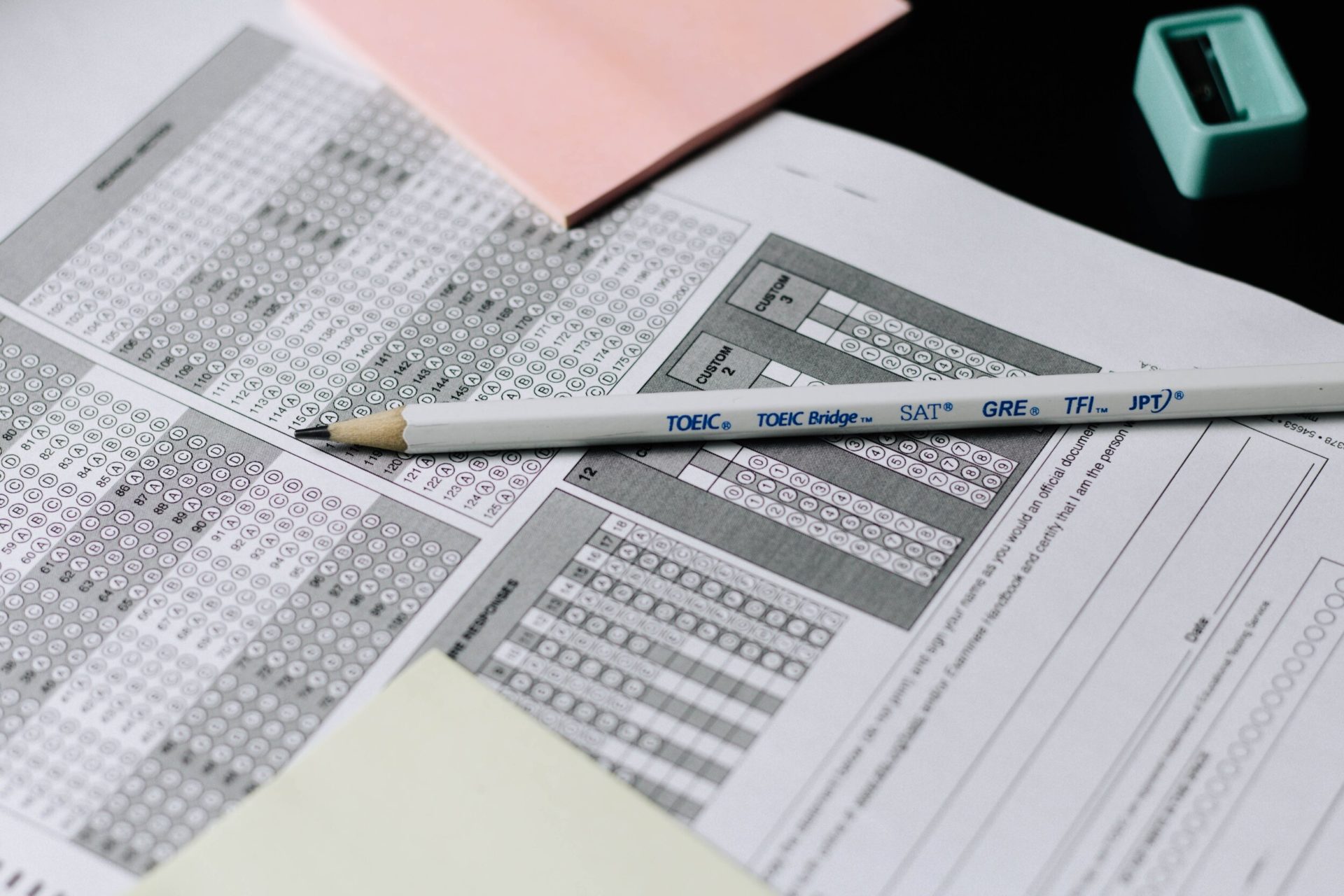
During the coronavirus pandemic, we observed that the testing requirements for university admissions have drastically changed. Specifically, in many prominent universities, the SAT has become optional while applying for a college degree.
While removing such a requirement alleviates several issues, it essentially reintroduces the original problem for which the standardized test was conceived. Across America, from municipal hubs to rural communities, the primary and secondary schooling system is very diverse. In general, academics agree that standardization in the admission process for universities is desired. Can we improve on our testing system, so that universities better account for such a varied spectrum of educational backgrounds?
Indeed, the schooling system significantly contributes to the “Intellectual Diversity” of Americans. While the concept of “diversity” is traditionally used in the context of anatomical and physiological characteristics of humans – like skin pigment and sex organ – academics recently began applying this concept to psychological and philosophical characteristics of humans; the variation in such abstract features is generally called Intellectual Diversity. In this realm, scholars concentrate mainly on “Viewpoint Diversity” (i.e., the variation of political opinions, religious beliefs, etc.), yet the focus of this article is conversely on another facet, specifically on “Knowledge Diversity.”
I define the “knowledge” of a person as the collection of information that they possess. Importantly as a society, we like categorizing information in various disciplines – such as anthropology, economics, biology, physics, etc. For a given individual, their personal knowledge is typically bestowed upon them by the educational institutions which they attend. In our academic system, a person typically specializes in a single discipline, while also being familiar with a few others. Once we consider a group of people, if it spans a multitude of disciplines, we may state that such a group possesses Knowledge Diversity, and this is of sincere importance for a successful society.
With all their departments, universities have much Knowledge Diversity on their campuses. Nevertheless, the entrance exams, at face value, are ironically quite limited in their scope. Indeed, the SAT is binary in nature, essentially just testing two disciplines – English and Math.
How about all those other disciplines which primary and secondary schools provide, why are they so much neglected in university admissions? A student aiming for a degree in climatology is tested for English, yet their knowledge in chemistry is completely ignored. A student aiming for a degree in archeology is tested for Math, yet their knowledge in history is completely ignored. Such negligence is dreadful since a diverse set of admission tests can facilitate a student in achieving their ideal college degree.
Thus, having entrance exams that probe the inherent Intellectual Diversity of students is clearly desirable. In fact, many countries across our oceans already have such matriculation exams. France has the Baccalaureat, while Germany has the Abitur; China has the Gao Kao, while Japan has the Senta Shiken. The main similarity among these various standardized tests is that they all probe Knowledge Diversity.
I am most familiar with the Israeli Bagrut, so I will give an overall flavor for it here. For obtaining the Certificate of the Bagrut, a certain number of subject tests must be successfully realized. While there are some rules for which subject tests must be taken, a decent amount of flexibility is given for the student, allowing for choosing various electives. Besides, each subject test has several levels of difficulty for it; while again there are some guidelines, each student has a decent amount of flexibility for choosing which level of difficulty of the exam they take.
Consider the following two examples: If a student is considering a career in Medicine, they may take the highest level of biology and chemistry, while taking a fairly low level of English, as well as completely ignoring economics. If a student is considering a career in Law, they may take the highest level of anthropology and history, while taking a fairly low level of Math, as well as completely ignoring physics. Importantly, the last couple of school years are solely devoted to preparing students for the Bagrut. For ensuring standardization for the entire country, all students take an identical exam on a specific day. Ultimately, Israeli universities use the scores of the Bagrut as the main evaluation for their admissions process.
Why do we not have something like this in America? We actually do have something like this in America. There are the subject tests of the SAT (there is also the AP program along similar lines). The main difference between these American tests, in comparison with those other exams across the globe, is that they are not at all required for all university admissions, and therefore, can be neglected by much of the population.
We must promote all students in taking such matriculation exams of Knowledge Diversity. Which aptitudes does your intellect possess? Is it just English and Math skills? The knowledge which students obtain in our schooling system goes beyond these two disciplines, and in turn, our admissions process for universities must go beyond its traditionally binary approach of the SAT.
Perhaps your child daydreams about having conversations with Voltaire or Laozi. Maybe they are capable of programming in JavaScript. They could be fluent in Swahili or Tagalog, even understand the meaning behind Schrodinger’s wave function. With each student being unique, each student can manifest their intellect in a variety of ways.
The subject tests of the SAT are already here. We must now just better tailor them, together with the schooling system itself, so that all students across America can adequately prepare for these exams during their primary and secondary education.
On a good note, we do have plenty of suitable examples across our oceans. It is in fact time that we put a significant focus on matriculation exams that probe the entire spectrum of knowledge, so that as we part our ways with the coronavirus pandemic, we can spawn the next generation of “Renaissance Humans” among our students.
______________________________________________________________________________________________________________________






